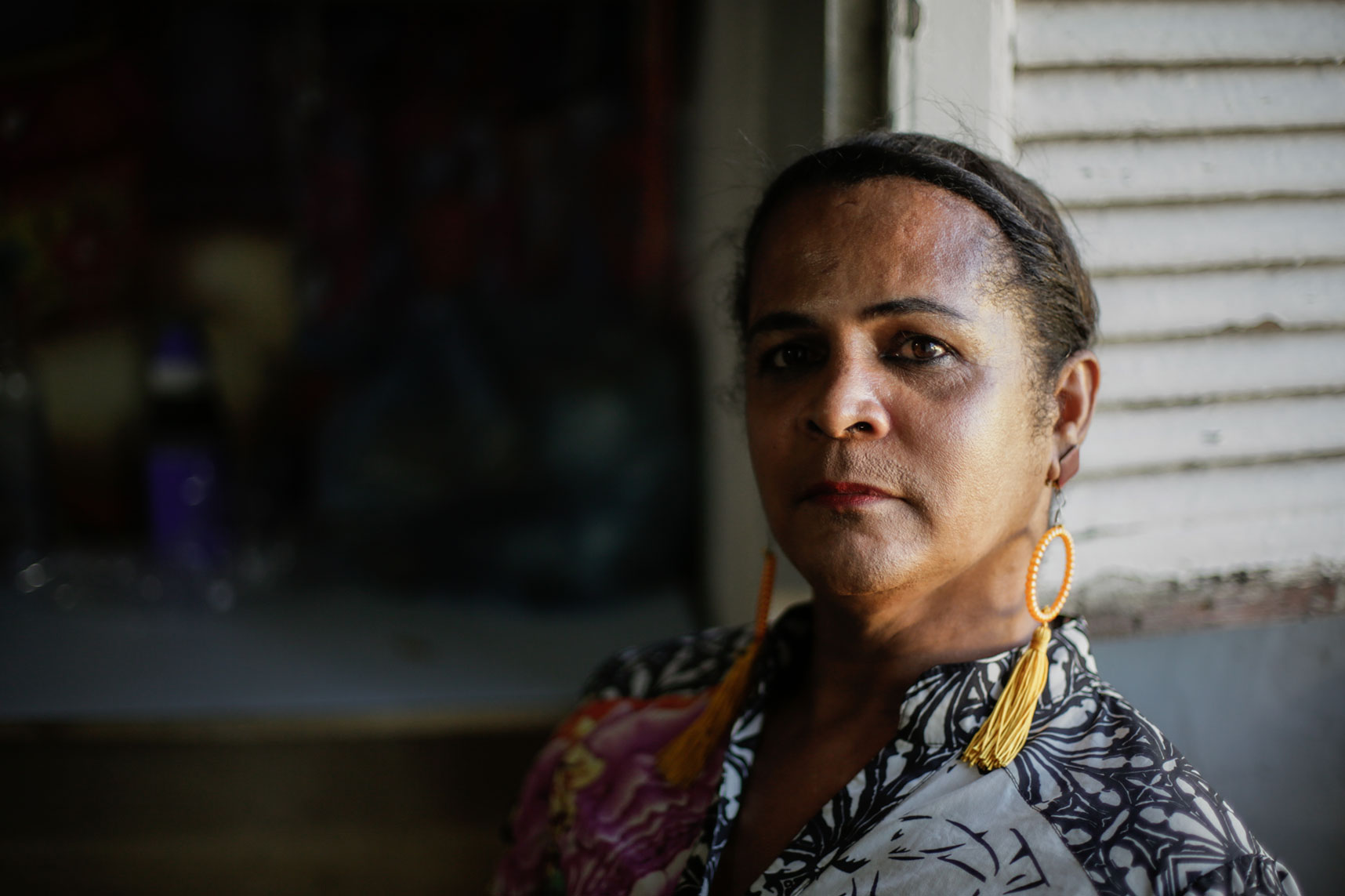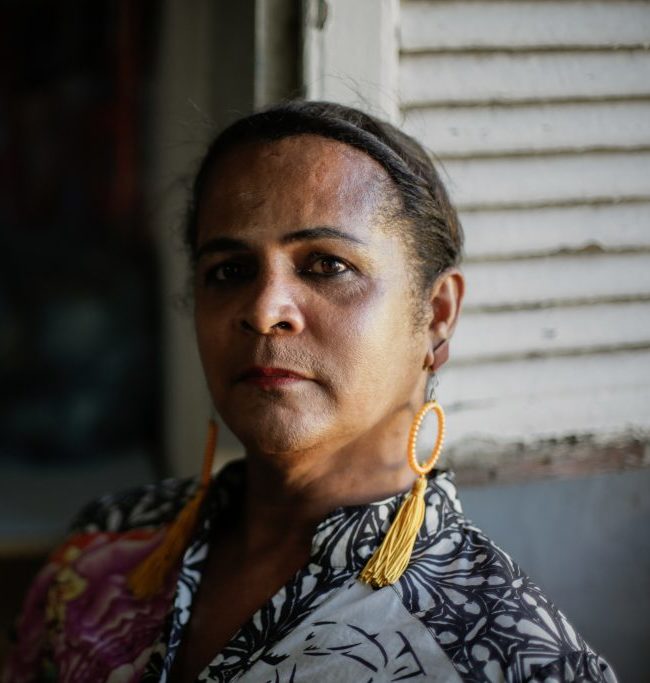Inequalities fuel pandemics
When COVID-19 exploded into a global pandemic, countries with higher income inequality experienced more rapid spread of infection and higher mortality rates. Later, when vaccines became available, rich countries bought up global supplies and continued stockpiling beyond their immediate needs, leaving low- and middle-income countries exposed to the unchecked spread of the coronavirus. Twenty years ago, sub-Saharan Africa was similarly denied access to antiretroviral medicines, which caused an estimated 12 million additional deaths and many more infections. Insufficient international efforts to respond to recent outbreaks of mpox in Democratic Republic of the Congo contributed to a regional outbreak a few months later.
A data analysis by Inequality Council members shows that more unequal countries have a higher HIV incidence, AIDS mortality and COVID-19 excess deaths than their more equal counterparts. Income inequality undercuts effective pandemic response.
Pandemics fuel inequalities
There is an abundance of published studies showing that the most vulnerable in society are the hardest hit by pandemics, which deepens existing inequalities. People living with HIV in food insecure households are less likely to adhere to their treatment, leading to worse health outcomes. The education of children in low-income households was more disrupted by COVID-19 than children in high-income households. Tuberculosis infection among children and adolescents is associated with impoverishment, stigma, family separation, poor nutrition and missed education opportunities.
We can overcome pandemics by addressing the inequalities that drive them
Across the world, proven practical policies which tackle inequalities have secured extraordinary progress in the AIDS response. Access to social protection programmes has been correlated to reductions in HIV infections and improved treatment outcomes. Keeping girls and boys in school has been shown to reduce the risk of contracting HIV.
Currently, however, these lessons are still unevenly applied. Indeed, in too much of the world we see policy approaches which leave inequalities to widen, and even, in some cases, deliberately exacerbate inequalities.
Lessons learnt from inequality-busting approaches demonstrated in the AIDS pandemic can guide how we can beat all pandemics, and new inequality-focused responses to AIDS will make the world more prepared.
To help the people who are marginalised in responses – the people who are not accessing services, the people who are not able to protect themselves from infection or to get on and remain on treatment – we must understand the reason why they are marginalised. The answers are found by looking at the relationship between those who have control of power and those who do not: at the way services are structured, at laws, policies, and social norms which empower some and disempower others. These inequalities perpetuate pandemics.
Effective pandemic response is more than clinical, it is multidisciplinary. We need to draw attention to causes and to solutions, and to help knowledge and experience to be translated into action.
To fight tomorrow’s pandemics, we need inequality-busting approaches to today’s pandemics.
Why is the AIDS movement at the heart of the fight against inequalities? Because that is how the world will end AIDS.
The AIDS response has shown the difference that tackling inequalities makes to overcoming pandemics. The AIDS movement is one of the best examples of how groups of people experiencing intersecting inequalities can unite to overcome them, leading to millions of lives being saved. Bold policy shifts, won by the AIDS movement of communities, scientists, political leaders, funders, activists, and supporters have brought down the price of treatment and diagnostics, strengthened health infrastructure, enabled rise of a cadre of community-led organizations, and secured the removal of punitive discriminatory laws against marginalised communities in countries across the world.
But AIDS is not over and some of the hardest work remains ahead. Some of the deepest, thorniest pandemic-driving inequalities continue to obstruct the progress in the HIV response. The inequalities which drive the AIDS pandemic are not inevitable. Policies can overcome them.
For example, in sub-Saharan Africa, adolescent girls and young women are 3 times as likely to acquire HIV as adolescent boys and young men. But when girls complete school and have access to a package of services and rights, their risks of acquiring HIV are dramatically reduced.
Around the world gay men are more likely than other men to be living with HIV. How much more is determined by policy. In Thailand where gay men are not criminalized their HIV prevalence is 11 times higher, but in Malaysia where gay men are criminalized and arrested it’s 74 times higher. Law can be a tool to fight inequality or perpetuate it—tackle pandemics or undermine pandemic response.
In countries such as Australia, Canada and the United States, HIV acquisition rates are higher in indigenous communities than in non-indigenous communities.
And in Brazil, HIV infections are falling dramatically among young gay white men as access to treatment is widened and new prevention tools such as PrEP are rolled out. But HIV infections among young gay black men in Brazil are still on the rise. We need to know more about how policy responses can address racial inequalities.
The AIDS movement is at the heart of the fight against inequalities because action to tackle inequalities is how the world will end AIDS.

